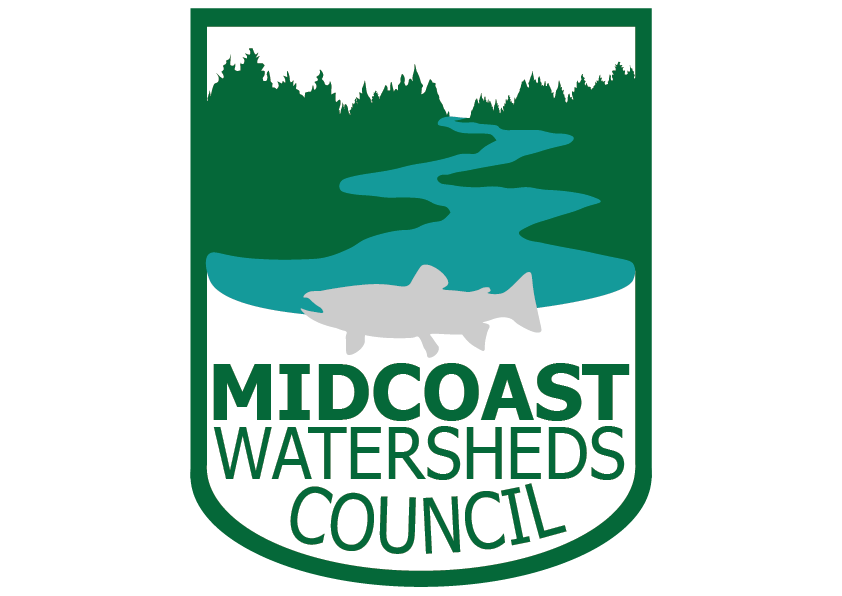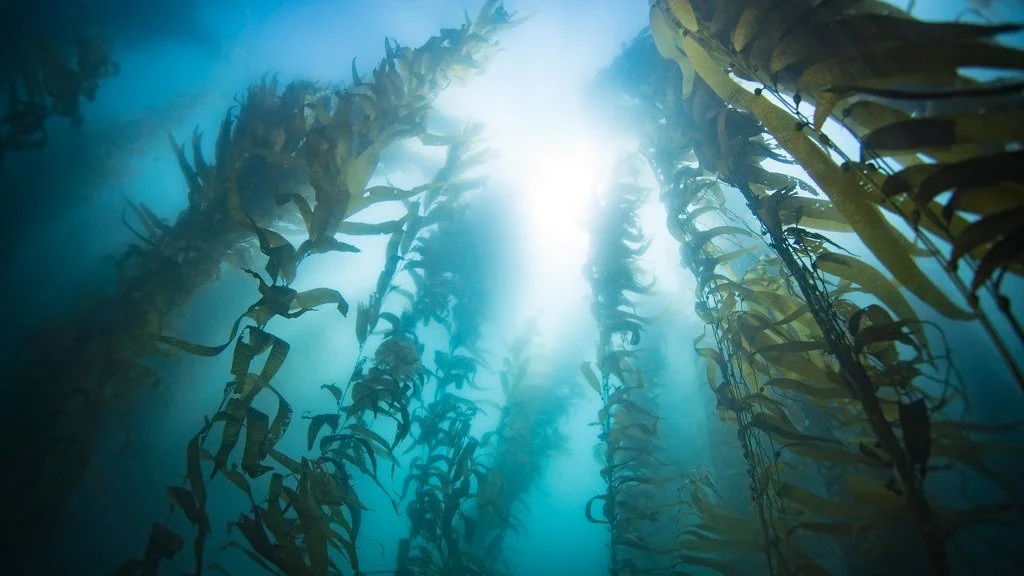Why is kelp so key, and what’s driving changes in Oregon’s kelp forests?
Join the MidCoast Watersheds Council for an in-depth look at the shifting dynamics of Oregon’s kelp forests with Angelina Zuelow, PhD candidate at the Hatfield Marine Science Center.
Kelp forests are among the most productive ecosystems on Earth, supporting diverse marine life and playing a crucial role in coastal environments. However, not all kelp species are faring equally in the face of environmental change. Reports in the last decade have shown certain kelp species, or “losers”, are decreasing along our coasts and there are many environmental factors that could be causing this decline. Egregia menziesii, or the feather boa kelp, is very common in the Oregon intertidal zone, and is so far defining itself as a “winner” due to its high temperature tolerance. Angelina will show how Egregia responds to various temperatures and also discuss how both gains and losses of kelp canopy impact the communities around them including other algae and invertebrates.
Speaker: Angelina Zuelow, Hatfield Marine Science Center Oregon State University
Angelina Zuelow is a PhD candidate at the Hatfield Marine Science Center. She is in Sarah Henkels lab at Oregon State University who predominantly works on benthic systems. Angelina has been at OSU for 4 years. She completed a Masters of Science from California State University, Fullerton in collaboration with University of Washington and a Bachelors of Science from Humboldt State University. She has been studying marine botany for seven years and previously worked on sea star wasting disease during it’s peak in 2014-2015.

